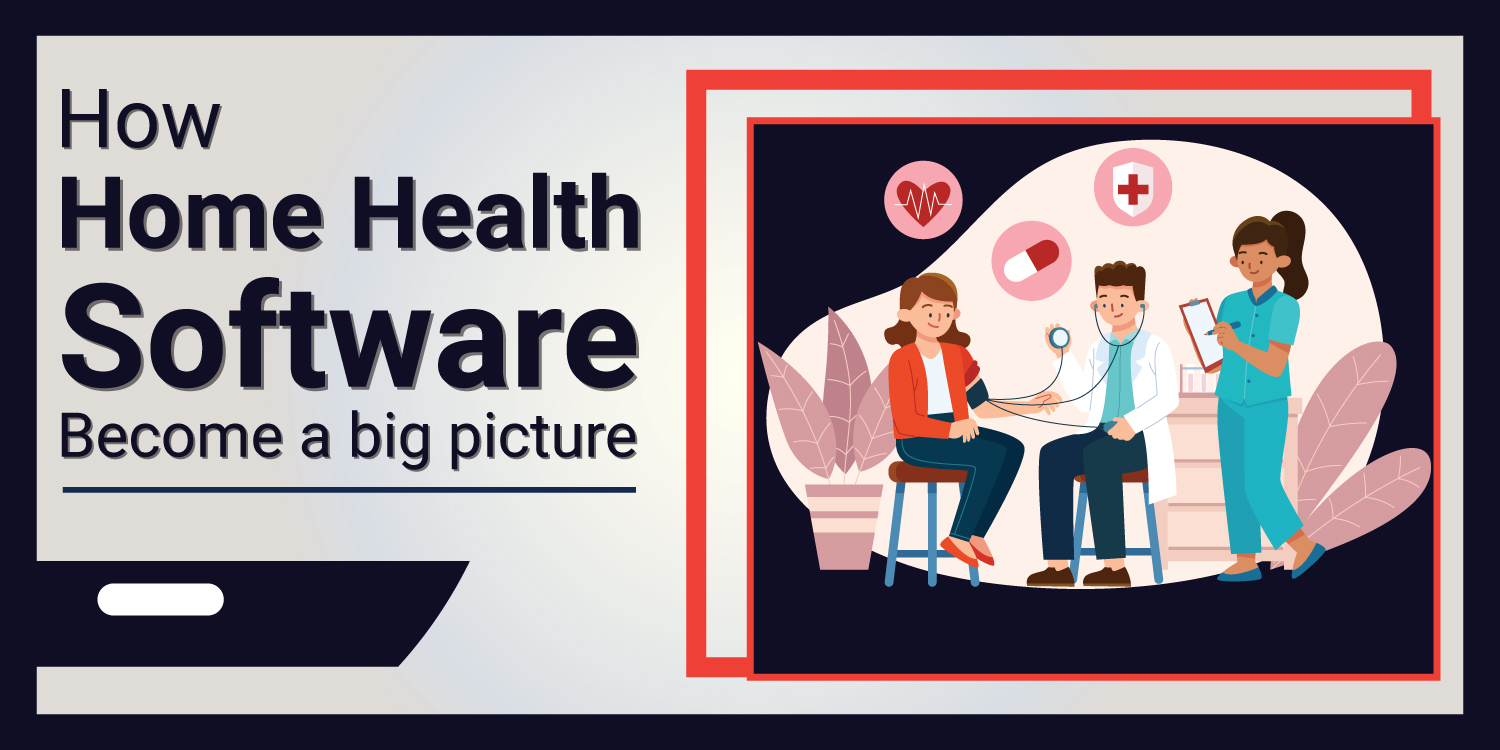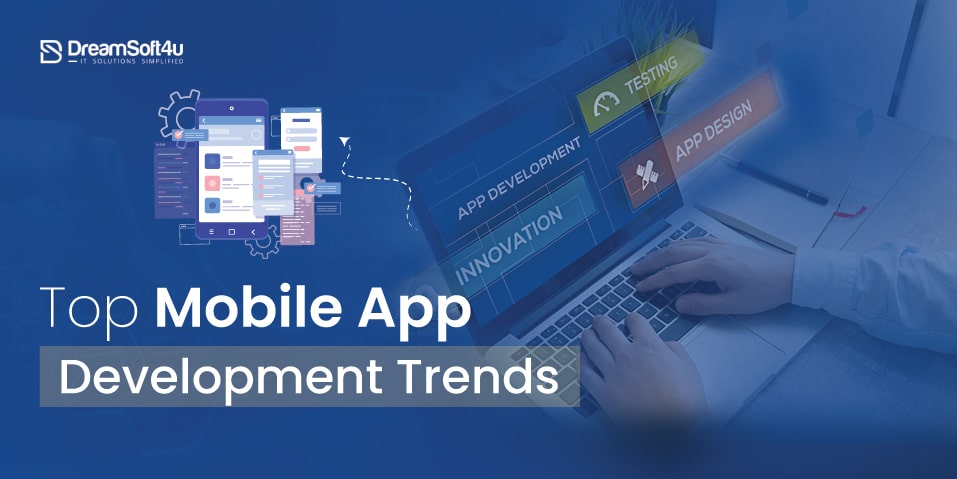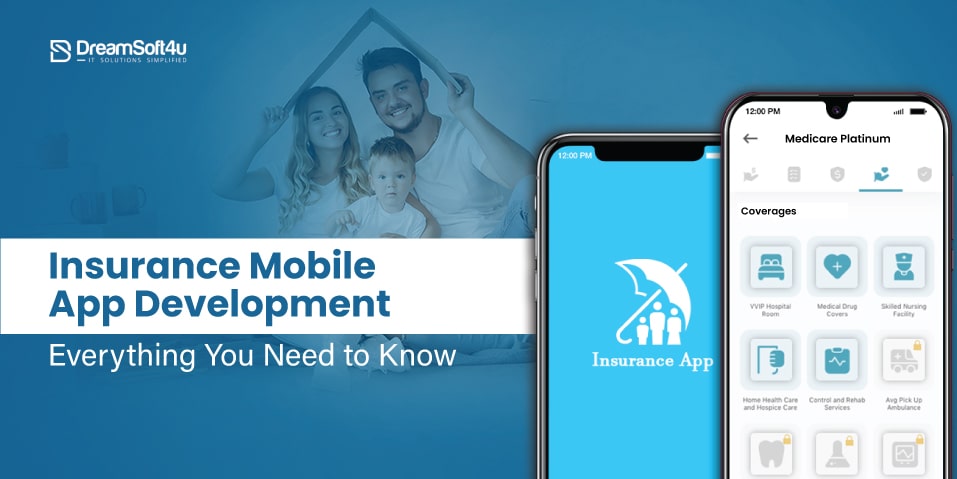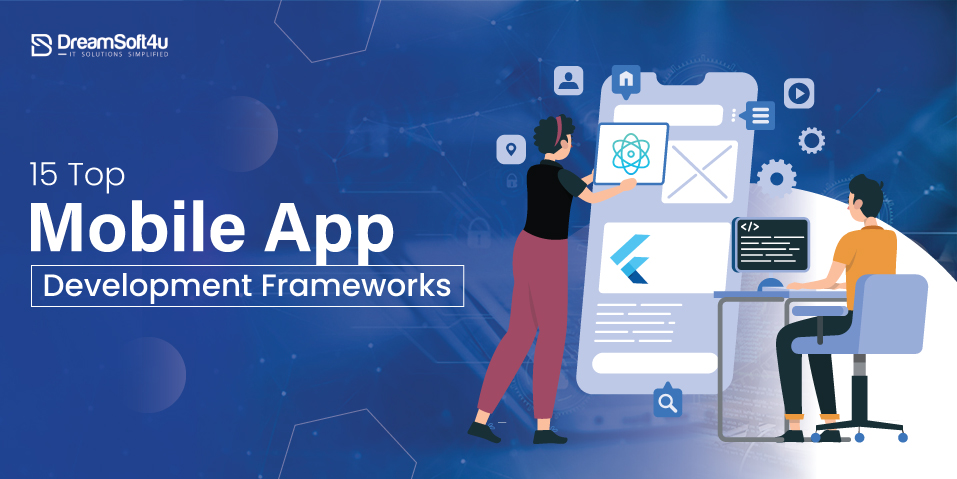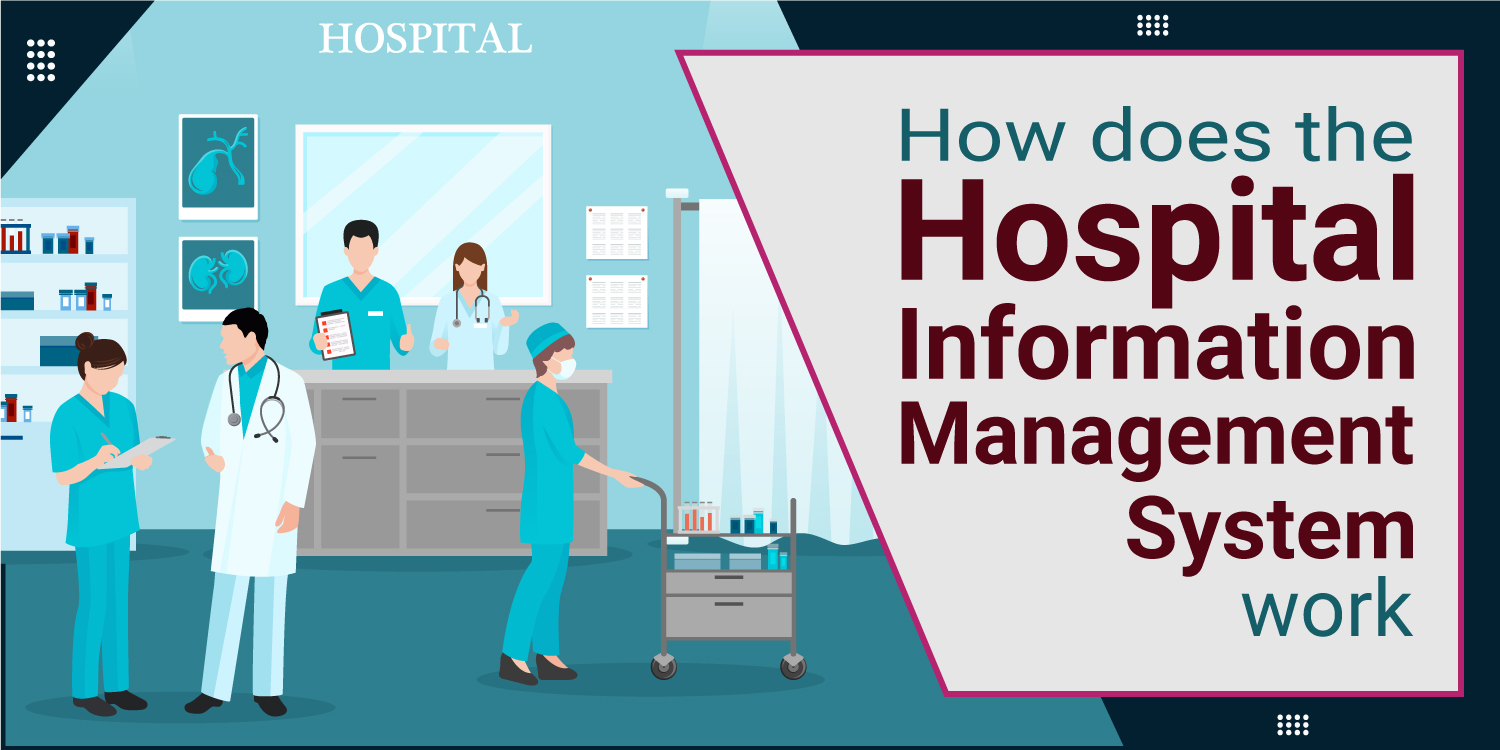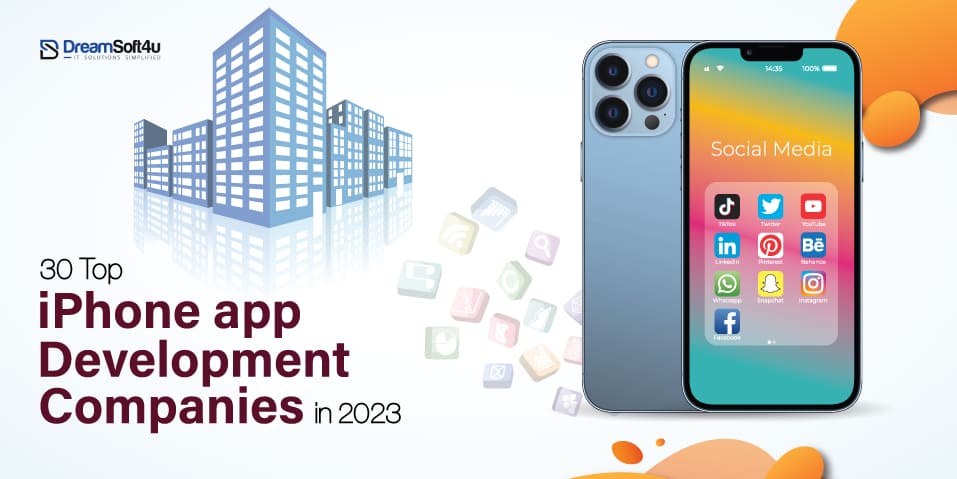The world’s older population is continued to grow at an unpredictable rate. Today 670 million people are above the age of 65. With the increase in the old age population, there is a proportional increase in the requirements of home care centers. A report by Population Reference Bureau states that the home care market is expected to grow to 68% by 2020. Home Healthcare Software has become the top demanding online way to assist the medical industry. Here we’ll discuss that How Home Health Care Software became a big picture?
People are living longer, but that does not necessarily mean that they are living healthier. They require certain healthcare facilities; this implies the requirement of home health care scheduling software to communicate with patients easier.
One such solution is Home Health Care Software. Well, it falls under the broad category of healthcare information technology that deals with the storage, retrieval, sharing and use of healthcare information and data. This is specifically designed for companies employing home health facilities. According to customer surveys by Carecenta, 77% of the businesses using home care management software have minimized their error by 95% than those who are not using it.
The first use of home health care was in the 1990s with companies making software for public health departments, nurse-managed centers, community clinics. But with the advancement in technologies like cloud computing, telehealth, and business analytics tools home health care software has got great recognition. Implementation of these technologies with home care software is attributed to the quality of care at home, and the reduction of fraud.
Table of Contents
ToggleTypes of Home Healthcare Software Solutions
Home care software solutions are versatile depending on the requirements of various agencies. They can be altered depending upon the facilities provided by agencies.
Some of the types are discussed below:
1. Residential Care System
In this system, the software is designed to keep a track of records when healthcare facilities are provided to patients by visiting their homes. For example, a physiotherapist, a daycare nurse or timely medicines can be sent by an agency to a patient’s house. The emphasis is on care management and the improvement of delivery quality.
2. Permanent Care System
Orphanage homes, old age homes, homes for women fall under the category of the permanent care system. It’s repugnant that the percentage of the population in these centers is increasing. These agencies have to manage a large amount of data and are required to provide healthcare facilities to these people, in order to provide simplicity in their tasks these agencies are looking forward to home healthcare solution.
3. Temporary Care System
You must have heard of rehabilitation centres, center for weight loss, these are some of the examples of temporary care systems. These centers have to emphasize a whole lot on patient’s records of medical reports, their medicines, and their activities. These centers face a requirement of home health care scheduling software and healthcare management software.
Does Your Agency Require Home HealthCare Software?
Here is a list of a few characteristics a company possesses, which require home health care software:
- Face the problem of managing records of employees and clients.
- You face communication barriers.
- The problem of supplying right information at right place.
- You face coordination problem.
- You cannot perform your task on time.
Guidelines for Choosing Home HealthCare Software
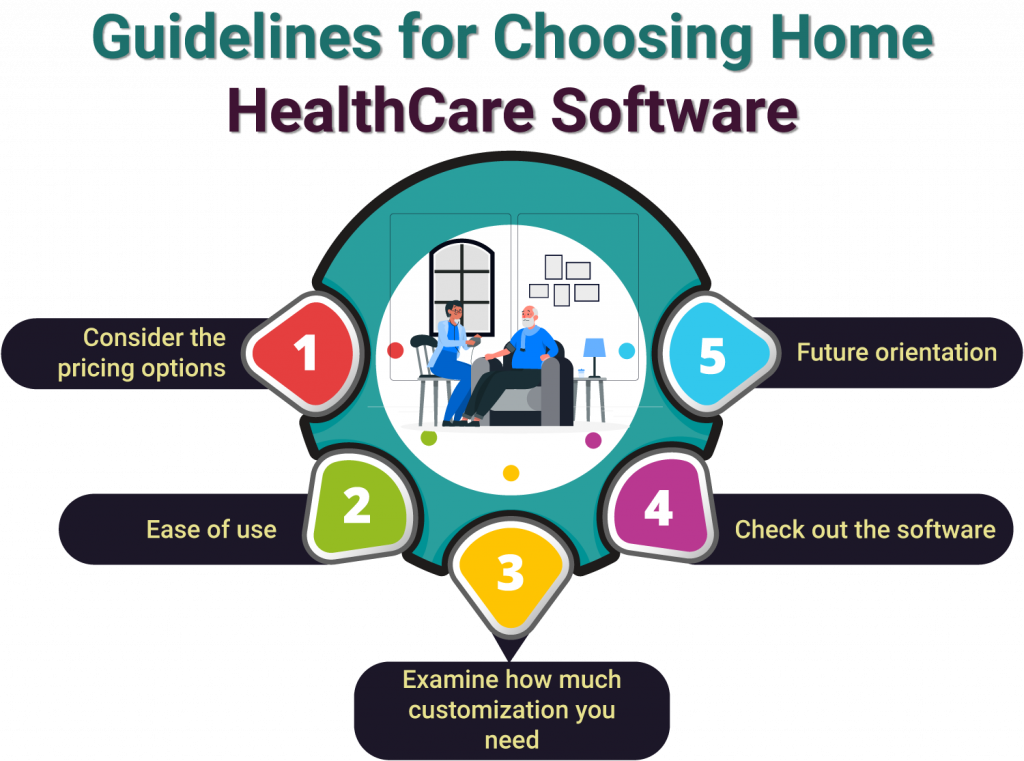
1. Examine how much customization you need
This helps in selecting whether you require a Software as a Service (SaaS) or on-premise solution. If you are looking for highly customized software then an on-premise solution is what you need. It should be kept in mind that both these solutions carry their own benefits and limitations. This is an easy way to eliminate many home healthcare software vendors from the selection process.
2. Future orientation
If you are at the growth stage then chances are there that you can diversify or expand your business. Many agencies that were primarily Medicare home health after a few years added complementary services like private duty home care, paediatrics and many more. So the software should be developed by keeping in mind the future requirements of the agency.
3. Ease of use
The application must be easy to use, requires minimal training and be flexible enough to support changing requirements of the system.
4. Consider the pricing options
The pricing model differs from software to software. Generally, cloud-based software is subscription-based. Check out what is the payment period whether monthly or quarterly based.
5. Check out the software
Do your demos and observe them and ask questions if necessary. Check whether all your features are injected into the software. Clarify everything; don’t leave any slight chance of ambiguity.
Benefits of Home Healthcare Software
Home healthcare software is becoming more and more common in the medical field. These tools are making it easy for caregivers to manage their calendar, deliver care, and handle documentation. The software also comes with a number of other functions that make it easier to provide better customer service.
- Scheduling patient treatment and staff responsibilities
- Billing and claims processing
- Providing information on patient care plans
- Messaging between staff and patients
- Regulatory compliance
Healthcare agencies can leverage this software to manage business processes, simplify claims and billing, manage patient records/PHI, and communicate with physicians when needed.
Nursing homes may need a different technology integration process than assisted living centers. In order to meet the needs of nursing homes and assisted living facilities, Caregina offers you a number of different features, depending on your specific business needs.
Choosing the best a home healthcare software can be difficult because they offer so many benefits. One of the most important factors to look at when choosing a system is the ease and flexibility of integration.
Homecare has several benefits that advance a medical setup, including allowing doctors and nurses to focus more on research.
Quick access to patient data
Most healthcare agencies have adopted cloud-based software to manage home care. The ERP (enterprise resource planning) functionalities of this software allow staff members to log in from any device and access patient data.
Cloud-based ERP systems/applications are seeing a rise as more medical organizations transition to web-based software. Cloud-based storage systems have become more reliable and efficient, allowing for greater accessibility from anywhere. They are also more affordable, which is key in providing healthcare on the go.
Better user experience
Homecare for patients at home can sometimes be a tricky situation. A good home healthcare app can provide caregivers with an easy-to-use checklist of patient tasks and reference notes so they can give their loved ones the best possible treatments.
Paperless workflow
At the organization, administrative tasks like filling out budgets for the year can be done over a mobile app and staff will be happy to avoid additional paperwork. All of these benefits come together to make an efficient work process possible.
Get A Best Home Healthcare Solutions
We Can Assist! Your Home Healthcare Solutions Are Just a Click Away.
Scalability
It is clear from the increasing number of organizations that make use of home care services that they are providing a profitable product. Home healthcare can be offered in multiple locations, so implementing centralized software & manageability is the right move to take.
Streamlined operations
Centralized patient/employee data acquisition & storage helps reduce the unpredictability in your planning process and also provides a lot of other benefits like streamlined employee management and budgeting
Conclusion
Dreamsoft4u is a leading home health software vendor, whose ultimate aim is to break complex tasks into manageable ones to provide ease of working to its clients. We have a software developer’s team who is truly dedicated and adaptable to build the best home health care software according to the client’s requirements.
FAQs
Q1. Can your software work for the elderly or those with chronic conditions?
Yes! We have designed software solutions that offer hassle-free remote care for the elderly with chronic care features as well. We can discuss and create features that fit your patient’s needs best.
Q2. Does your software connect with my current systems?
Our software seamlessly integrates with existing healthcare systems, including EMR and Billing.
Q3. How secure is your software for patient data privacy?
We use FHIR-HL7 data standards and encryption. We comply with regulations like HIPAA and GDPR to keep patient information safe.
Q4. Can your software improve communication with patients and families?
Yes! Our software has secure messaging, video calls, and patient portals to enhance communication and engagement with families.
Q5. Will my staff find the software easy to use?
We focus on user-friendly interfaces for both administrative and medical staff. Training and support are provided to ensure effective use.
Q6. How does your pricing work?
We offer various pricing options, including custom quotes based on your needs. Let’s discuss your budget to find the best solution for you.
Q7. What support do you provide after implementation?
We offer ongoing support, including updates, maintenance, and user training. We’re here to ensure your success and assist you whenever needed.








